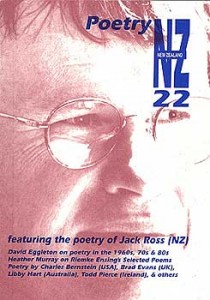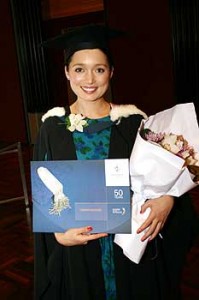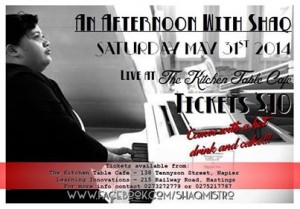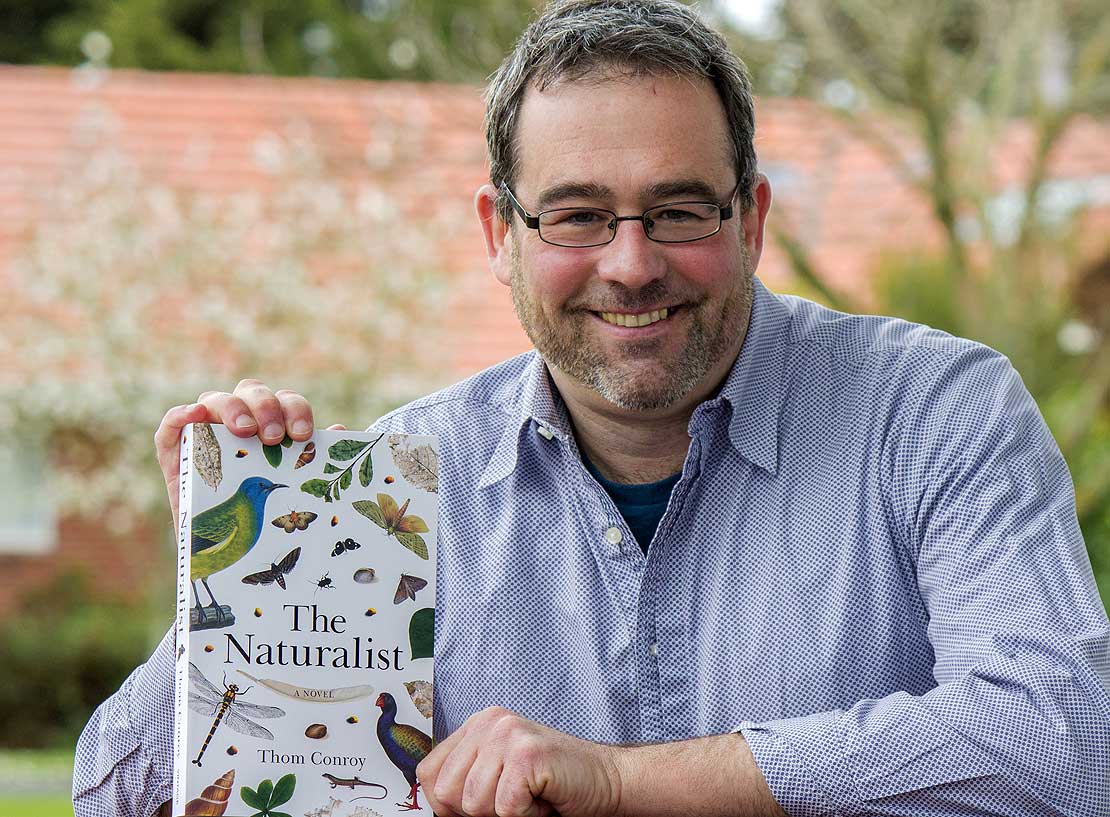
Friday 15th August saw the launch of a Massey University creative writing senior lecturer Thom Conroy’s novel the Naturalist at Palmerston North City Library, with over 150 people in attendance. The book launch featured a reading from Dr Conroy, and introductions from the Head of the School of English and Media Studies Joe Grixti and well known poet Helen Lehndorf. The book is currently at number two on the New Zealand fiction bestseller list.
The Naturalist tells the tale of Dr Ernst Dieffenbach – a liberal-minded, free-spirited 19th century German physican, geologist and naturalist who studied New Zealand’s wildlife, plants and people, was fluent in Māori and considered all races to be equal – was a man ahead of his time.
His views seem more in line with contemporary thinking on issues such as race relations and democracy, which is partly what fascinated Dr Thom Conroy. The result is his first, just-published novel The Naturalist (Penguin Random House Books).
Dr Conroy says he was struck by what he read about Dieffenbach while researching natural history for another project. He felt the German deserved more attention in light of his colourful personality and experiences at the onset of New Zealand’s colonisation.
Expelled from Germany for supporting a subversive pro-democracy revolutionary student movement and for duelling, Dieffenbach wound up in London and was appointed as naturalist aboard the controversial 1839 expedition of the Tory.
His ship mates included Colonel William and his nephew Jerningham Wakefield of the New Zealand Company, who were off to buy land from Māori for British settlers without the consent of the Crown. Charles Heaphy, artist and draughstman for the New Zealand Company, was aboard too.
Dieffenbach had strong views on colonisation, which clashed with orthodox views at the time and made for heated debate during the gruelling three-month voyage. Also on board was Nahiti, a young Māori returning home from London having left New Zealand on a whaling ship. His friendship with the German naturalist confirmed Dieffenbach’s conviction that humans were equal, whatever their skin colour.
While he may be known to a few historians through his two volume narrative Travels in New Zealand, Dr Conroy says Dieffenbach has been overlooked. “The more I read about him, the more I felt he needed to be rescued from the margins of history.”
He includes a striking quote at the opening of the book from the second volume of Dieffenbach’s Travels in New Zealand: “I am of the opinion that man, in his desires, passions, and intellectual faculties, is the same, whatever be the colour of his skin; that mankind forms a great whole, in which the different races are the radii from a common centre; and that the differences which we observe are due to particular circumstances which have developed certain qualities of body and mind.”
Such views were unusually enlightened for his time, and in contrast to those of the theory of evolution founder Charles Darwin, who makes a cameo appearance in the novel. He believed Māori were of a “lower order”.
The novel focuses on Dieffenbach’s 18-month stay in New Zealand, weaving a compelling narrative around his discoveries, explorations – he was the first European to ascend Mt Taranaki – and encounters with land, nature and people. The story vividly evokes the extraodinary pioneering sea voyage into unknown territory, and spans the Northern and Southern hemispheres to encompass his personal life and love interests in Germany, London and New Zealand.
American-born Pennsylvanian Dr Conroy, who has lived in New Zealand for nine years, drew on extensive historical records and research for the book, inventing scenes and additional minor characters to bring the German’s remarkable personality and story to life.
He hopes his fictional rendition of Dieffenbach’s story will have wide appeal – especially to those intrigued by influential yet marginalised historical figures who provide fresh clues to the tangents and nuances of New Zealand’s colonial history.
Balancing the tension between fact and fiction to produce a compelling and authentic story was one of the main creative challenges of the book, which he completed after more than 30 drafts, he says.
But such literary challenges have a positive spin-off. Discussing them enlivens his creative writing classes and supervision of Master of Creative Writing students. “When I’m sitting in a class or workshop discussing work with students, we’re there as people, as writers. We understand what we each are going through and can learn from each other.”
Dr Conroy’s short fiction has appeared in various journals in the US and New Zealand, including Landfall, Sport, New England Review, Alaska Quarterly Review, and Kenyon Review. He has won the Katherine Anne Porter Prize in Fiction and his writing has been recognised by Best American Short Stories 2012 as well as the Sunday Star-Times Short Fiction Competition.
He and his School of English and Media Studies colleague Dr Tina Dahlberg, who publishes under the name of Tina Makereti and also teaches creative writing papers at Massey’s Manawatū campus, are two of only only three new literary fiction writers in New Zealand to be published by Penguin Random House Books this year. Dr Dahlberg’s novel Where the Rekohu Bone Sings, was published in March. </P.

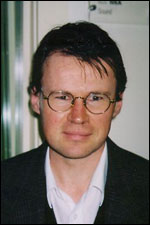
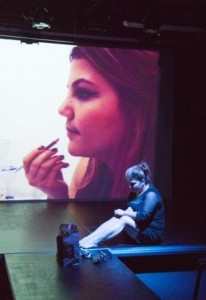
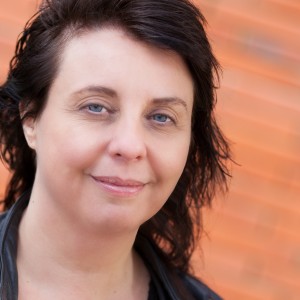
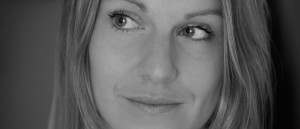
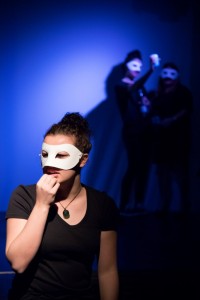
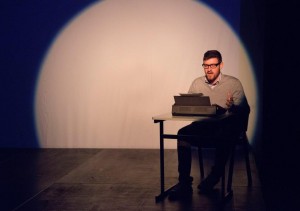
![[Jack+Ross+(2002).jpg]](http://2.bp.blogspot.com/_dSZQ_FbAxSA/Rxbbz8pGaXI/AAAAAAAAAGY/6aFTQknvTl4/s400/Jack%2BRoss%2B(2002).jpg) Jack Ross, new editor of Poetry NZ, will be featured on Radio NZ National this Sunday. Jack is being interviewed by Justin Gregory about his plans for Poetry NZ on “Standing Room Only”, this Sunday (8/6). The programme starts at 12:40 pm. Jack said he will be talking with Justin about his plans to keep the journal at the cutting edge and encourage ground-breaking, even controversial, work. “As the new managing editor of Poetry NZ, I’d like to keep up a sense of excitement in the magazine. My predecessor, Alistair Paterson, was careful to maintain a youth-focus — both with the poets he featured and the work he included. I’d like to be as open as he was to new styles and new poetic approaches. Nor do I have any problem at all with including hard-hitting or controversial work. “Louis Johnson, who founded the New Zealand Poetry Yearbook in the 1950s, refused to withdraw some poems which the funding agencies objected to in the early sixties, and instead paid for the last volume of his yearbook himself! It’s that kind of courage I’d like to emulate. I don’t want there to be anything predictable about what people can expect when they open a copy of Poetry NZ. As the poet Alan Brunton once put it: “Keep the surprise alive!’ “The School of English and Media Studies at Massey University has been generous with a publishing subvention, and I hope that in future this journal can fold into our programme in numerous ways: perhaps principally by providing some of our graduate students with an internship in the world of practical magazine publishing.” Jack himself has published four poetry collections: City of Strange Brunettes (1998), Chantal’s Book (2002), To Terezín (2007) and Celanie (2012).
Jack Ross, new editor of Poetry NZ, will be featured on Radio NZ National this Sunday. Jack is being interviewed by Justin Gregory about his plans for Poetry NZ on “Standing Room Only”, this Sunday (8/6). The programme starts at 12:40 pm. Jack said he will be talking with Justin about his plans to keep the journal at the cutting edge and encourage ground-breaking, even controversial, work. “As the new managing editor of Poetry NZ, I’d like to keep up a sense of excitement in the magazine. My predecessor, Alistair Paterson, was careful to maintain a youth-focus — both with the poets he featured and the work he included. I’d like to be as open as he was to new styles and new poetic approaches. Nor do I have any problem at all with including hard-hitting or controversial work. “Louis Johnson, who founded the New Zealand Poetry Yearbook in the 1950s, refused to withdraw some poems which the funding agencies objected to in the early sixties, and instead paid for the last volume of his yearbook himself! It’s that kind of courage I’d like to emulate. I don’t want there to be anything predictable about what people can expect when they open a copy of Poetry NZ. As the poet Alan Brunton once put it: “Keep the surprise alive!’ “The School of English and Media Studies at Massey University has been generous with a publishing subvention, and I hope that in future this journal can fold into our programme in numerous ways: perhaps principally by providing some of our graduate students with an internship in the world of practical magazine publishing.” Jack himself has published four poetry collections: City of Strange Brunettes (1998), Chantal’s Book (2002), To Terezín (2007) and Celanie (2012).